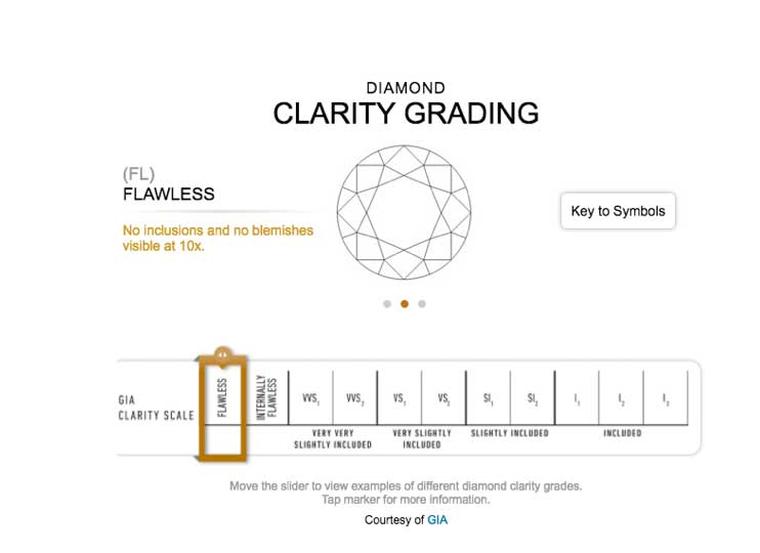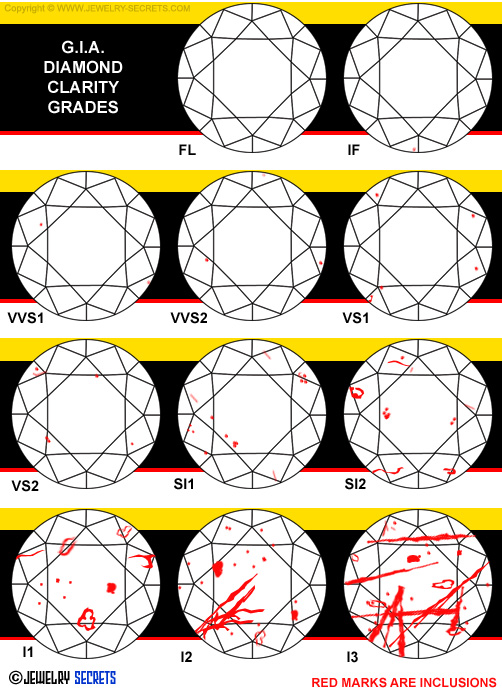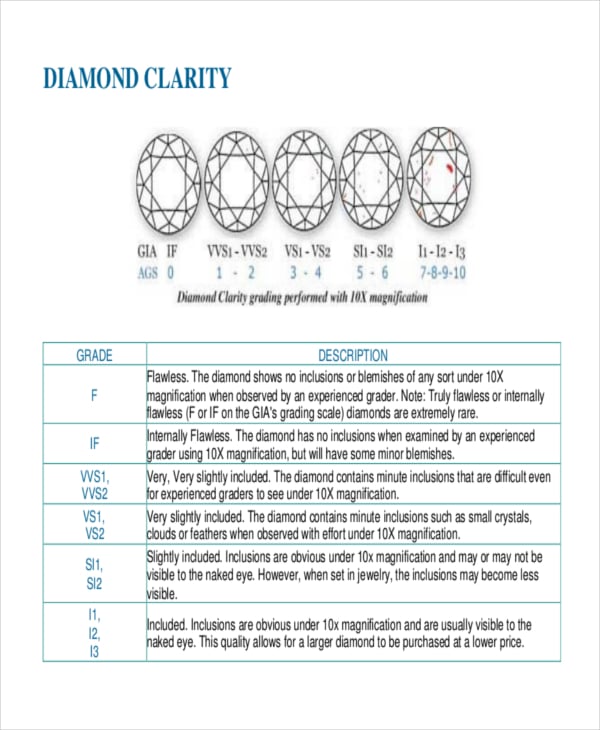In our fast-paced digital age, the question “What is the date?” might seem trivial at first glance. However, this simple query holds significant importance in various aspects of our daily lives, from scheduling appointments to commemorating historical events. This article delves into the multifaceted nature of dates, exploring their significance, how they are determined, and their impact on our world.

Key Takeaways
- Understanding the concept of a date is essential for organizing personal and professional activities.
- Dates are determined by complex systems that have evolved over centuries, including calendars and time zones.
- Recognizing the cultural and historical significance of dates enriches our understanding of global traditions.
![]()
The Basics: What is the Date?
At its core, a date is a specific point in time as measured by the calendar. It typically includes the day, month, and year. This basic structure helps us organize and reference time in a systematic way. For instance, today might be noted as October 10, 2023, which provides a clear reference point for events and activities.
The Evolution of Calendars
To fully appreciate the question “What is the date?”, it’s important to understand the evolution of calendars. Calendars are systems for organizing days and have been developed independently by various cultures throughout history. The most widely used calendar today is the Gregorian calendar, introduced by Pope Gregory XIII in 1582 to reform the Julian calendar. This change was made to correct a drift in the calendar with respect to the equinoxes and solstices.
Other calendars, such as the Islamic Hijri calendar and the Hebrew calendar, are still in use today and serve religious and cultural purposes. Each calendar has its own method of calculating dates, often based on lunar or solar cycles.
Time Zones and Their Impact
In addition to calendars, time zones play a crucial role in determining the date. The Earth is divided into 24 time zones, each generally 15 degrees of longitude apart. This division helps standardize time across different regions. However, crossing time zones can lead to confusion about the current date, especially when traveling across the International Date Line.
The International Date Line, located around the 180th meridian, marks the divide where one day ends and another begins. Crossing this line from west to east results in a gain of a day, while crossing from east to west results in a loss of a day. This can lead to fascinating scenarios, such as celebrating New Year’s Eve twice in different time zones.
The Cultural and Historical Significance of Dates
Dates are not just numbers; they carry cultural and historical weight. Many cultures celebrate specific dates with festivals, holidays, and commemorations. For example, July 4th is a significant date in the United States, marking Independence Day. Similarly, December 25th is celebrated as Christmas Day by Christians around the world.
Historical events are often tied to specific dates, helping us remember and learn from the past. Dates such as November 11th, which marks the end of World War I, serve as reminders of significant global events and their impact on society.

Personal Milestones and Dates
On a personal level, dates hold sentimental value. Birthdays, anniversaries, and other personal milestones are celebrated on specific dates, marking important events in our lives. These dates help us reflect on personal growth and achievements, and they often serve as opportunities for celebration and connection with loved ones.
Practical Uses of Knowing the Date
Understanding the date is crucial for managing daily activities and responsibilities. Here are some practical uses of knowing the date:
- Scheduling: Dates are essential for planning meetings, appointments, and events. They help ensure that activities are organized and occur at the right time.
- Financial Management: Dates are critical for financial transactions, such as paying bills or filing taxes. They help track deadlines and avoid penalties.
- Travel: Knowing the date is important for booking flights, accommodations, and other travel-related activities. It helps coordinate itineraries and ensures smooth travel experiences.
Technology and Date Management
In today’s digital era, technology plays a significant role in date management. Smartphones, computers, and digital calendars make it easy to track dates and set reminders. These tools help individuals and businesses stay organized and efficient.
The Importance of Understanding Dates
The question “What is the date?” may seem simple, but it encompasses a complex system of timekeeping that is essential for organizing our lives. From the evolution of calendars to the impact of time zones, understanding dates helps us navigate the world more effectively. Recognizing the cultural and historical significance of dates enriches our appreciation of global traditions and personal milestones.
In a world that is constantly changing, the ability to pinpoint a specific date provides a sense of stability and continuity. Whether for planning future events or reflecting on past achievements, knowing the date is a fundamental aspect of human life.








